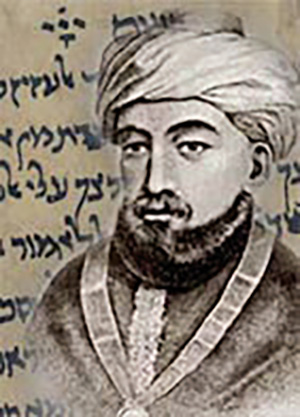
A Letter From Rambam About the Death of his Brother David
Aside from our knowledge of his father Maimon, we know very little about the family of Rambam. For example, we know nothing about his mother.

Aside from our knowledge of his father Maimon, we know very little about the family of Rambam. For example, we know nothing about his mother.
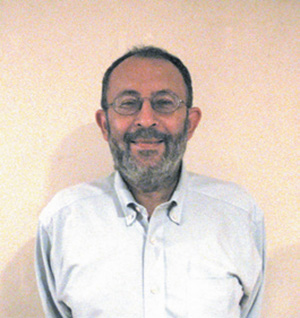
I have previously written about several other letters of the Rambam: 1) his letter to the learned translator Samuel Ibn Tibbon, 2) his letter to
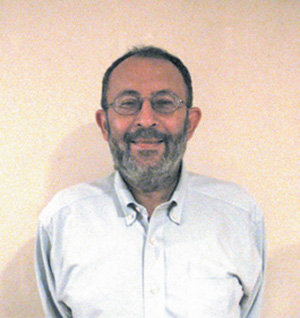
I previously wrote about this word. But that was three years ago. Presumably, you are all mortals and not prophets, and need some refreshing. (I

I decided to continue with the Maimonides’ letters topic for another week. This time I will write about my third-favorite letter of Maimonides, a letter
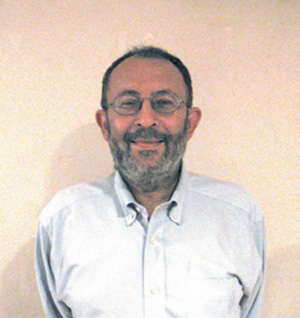
We are fortunate that many different letters from Maimonides have survived. Here I am going to discuss my two favorites. Maimonides lived his early life
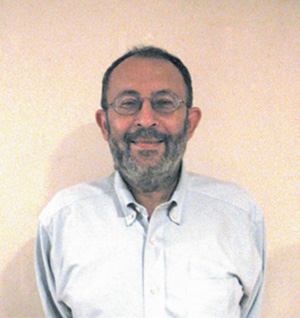
Reviewing: “The Grammar of God: A Journey into the Words and Worlds of the Bible,” by Aviya Kushner, 2015. 272 pages. Spiegel & Grau, ISBN-10:
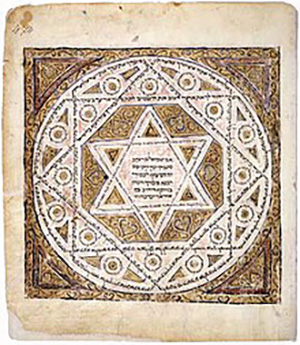
Many of us are aware that the oldest complete Hebrew Bible is the Leningrad Codex, which dates to the early 11th century. It is currently
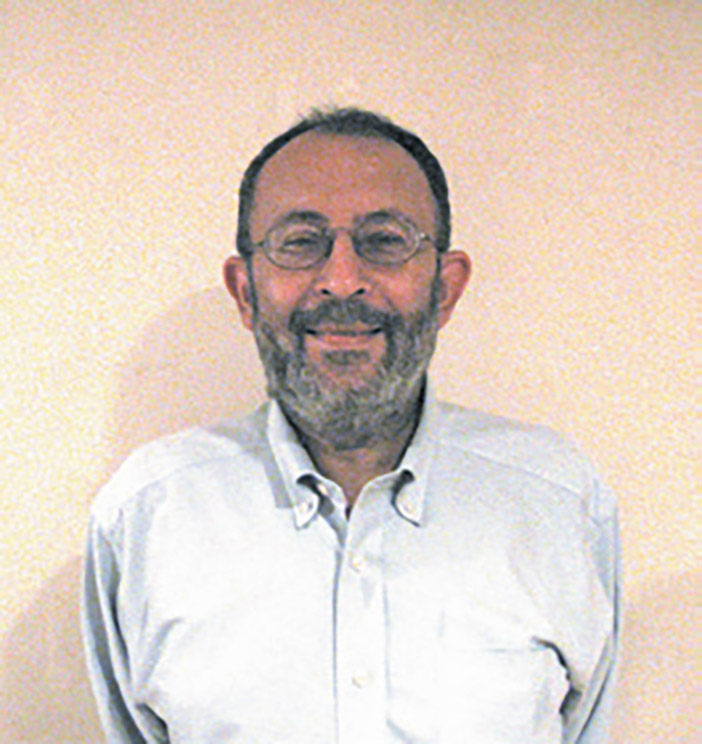
It is time to address some Nach and canon-related issues. The Talmud (Baba Batra 14b) lists 19 Nach books: eight in the Neviim and 11

Due to the positive feedback I received over the past two years (special shout-out to Michael Rapoport!), I decided to collect the best 60 of
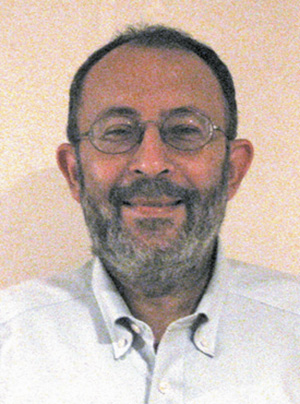
Compared to some of our other prayers, the Hebrew in the daily Amidah is fairly straightforward. Nevertheless, there are some interesting words. I will now
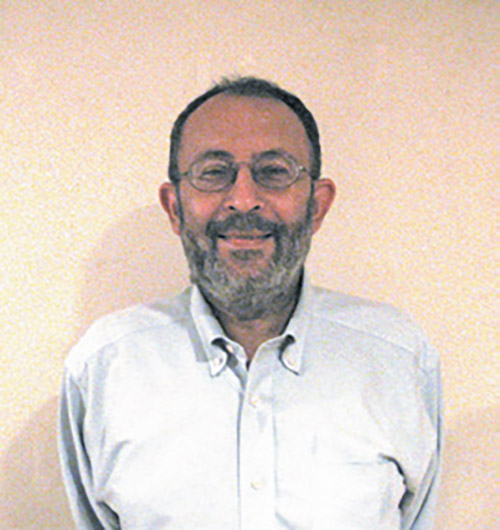
Karpas: This word appears in the Tanach only one time, at Esther 1:6. There it means “fine fabric, linen.” In the Mishna, Tosefta and Talmud
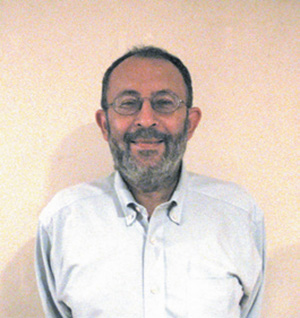
The Mishnah in the 10th chapter of Pesacḥim includes a set of Ma Nishtana. If one opens a standard Babylonian Talmud (Pesacḥim 116a), one sees